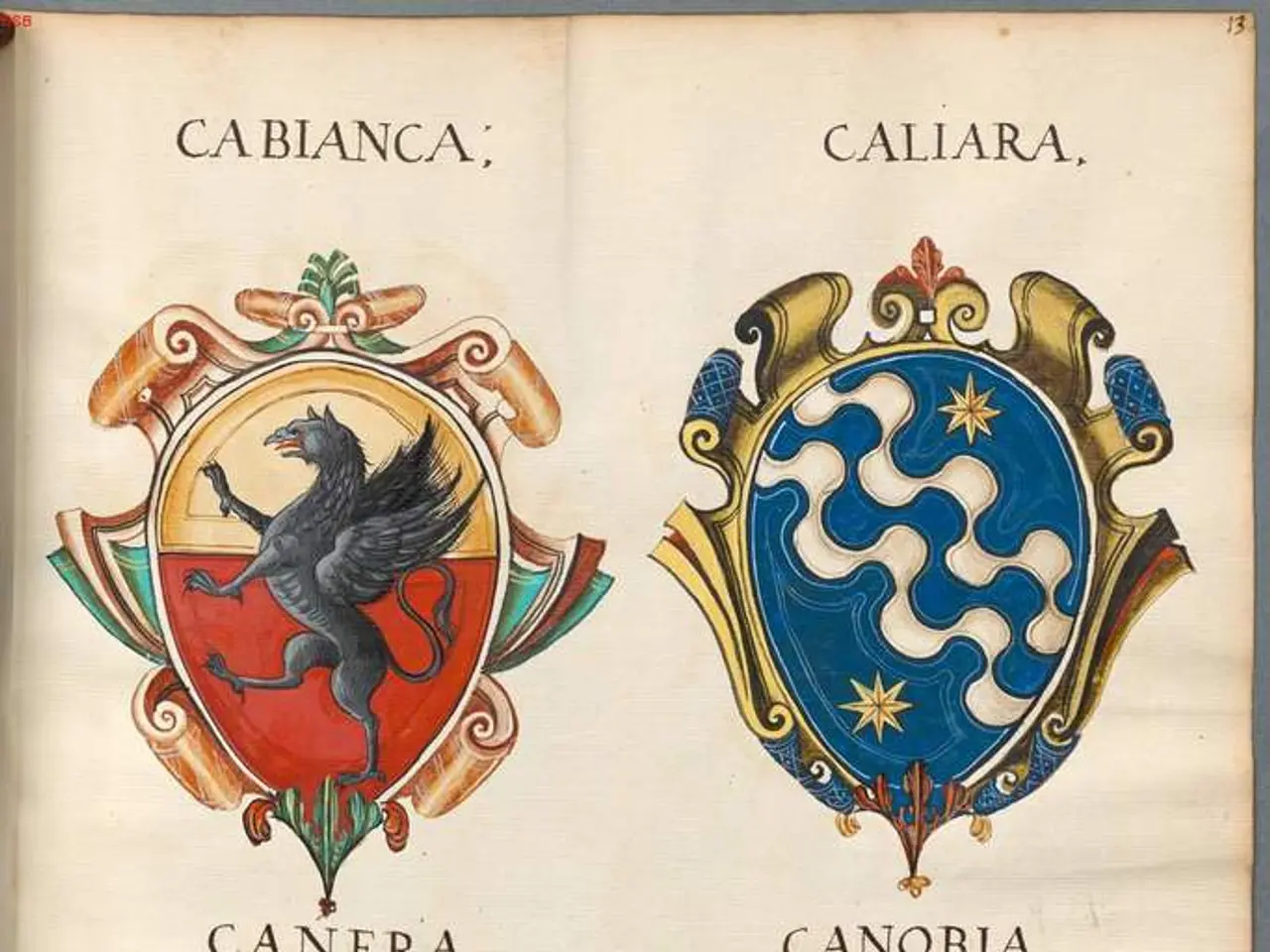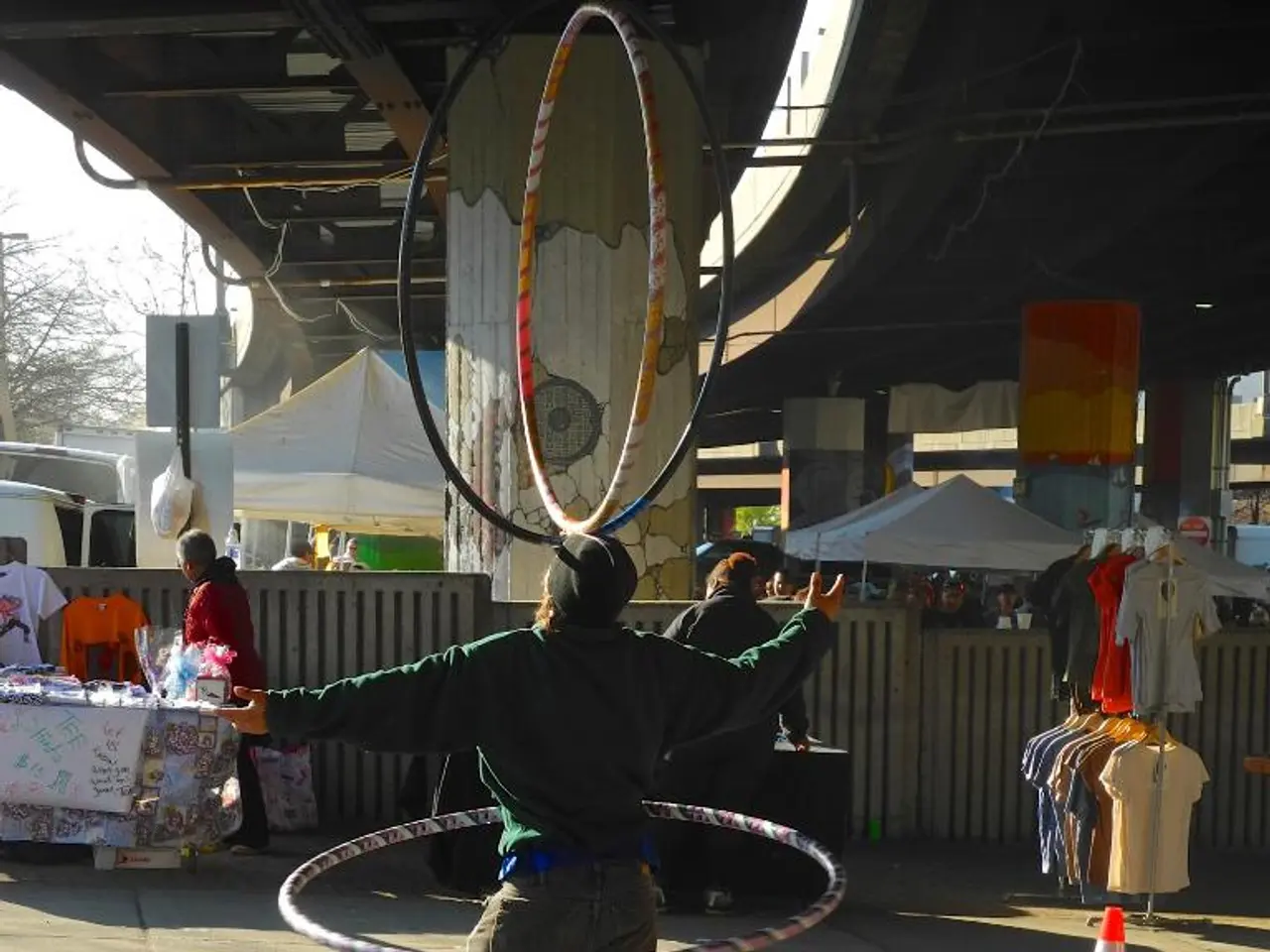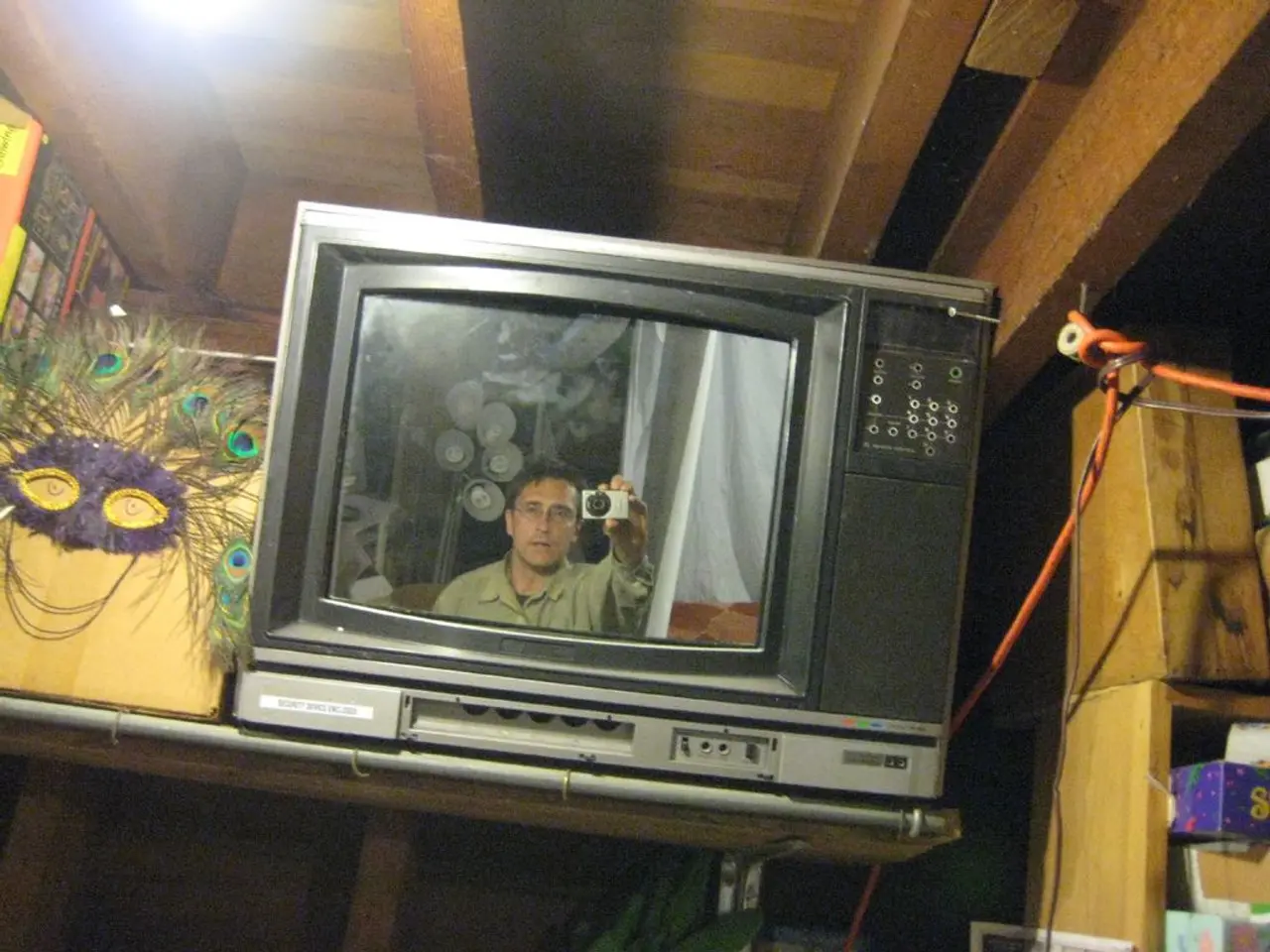Photographers Faced Lawsuit Over Monkey Selfie Copyright Dispute: Legal Debate Ensues
In a landmark case that has been making waves in the legal world, the "Monkey Selfie" case has shed light on the complexities of copyright law, particularly concerning non-human creators. The case, which revolves around a macaque monkey named Naruto and British nature photographer David Slater, has left many questioning the concept of animal authorship and the ownership of selfies taken by animals.
The controversy began in 2011 when Slater set up a camera in a Indonesian forest, resulting in a macaque taking several selfie photographs. A dispute arose over who owned the copyright to these images, with Slater arguing he held copyright based on his role in setting up the camera and gaining the monkey's trust. However, the U.S. Copyright Office, citing its long-standing position, maintained that copyright can only be granted to works created by human authors.
The case escalated further when People for the Ethical Treatment of Animals (PETA) sued Slater, claiming the monkey itself held copyright to the images and that Slater was infringing on the monkey's rights by publishing the selfies. The court sided with the U.S. Copyright Office, ruling that animals cannot hold copyrights. This decision effectively benefited Slater, and the case was dismissed.
Under U.S. copyright law, animals cannot own copyright to their works, including selfies they take. This legal principle was firmly established in the "Monkey Selfie" case. While the identified plaintiff monkey is said to be Naruto, there are claims that it may be a female named Ella, adding another layer of complexity to the case.
The case is significant as it could potentially be the first to assign copyright to an animal, raising questions about the legal implications of AI-generated content and derivative works. It also highlights the importance of human creative input in copyright protection. U.S. copyright law states that copyright belongs to the "creator" of the work who fixed it in any tangible medium, but it does not specify that the "creator" must be human.
If neither the photographer nor the monkey could claim copyright, the photos would fall into a public domain. However, the case is not finalized, and the appeal judges have not yet made a decision. The photos taken by Naruto became viral due to their humor and uniqueness, and the case is related to a photographer's copyright lawsuits involving re-photographing other people's work.
In conclusion, the "Monkey Selfie" case reinforces the principle that, under U.S. law, animals cannot own copyrights. This precedent is crucial in understanding the complexities of copyright law, particularly in the age of AI-generated content and derivative works. The case continues to be significant as it could potentially be the first to assign copyright to an animal, sparking discussions about the legal rights of non-human creators.
Legal services are now being sought to appeal the decision, as PETA aims to argue once again that Naruto, the macaque, owns the copyright to the selfies. This legal battle in the entertainment industry, regarding social-media content created by a non-human entity, continues to challenge the boundaries of copyright law.






